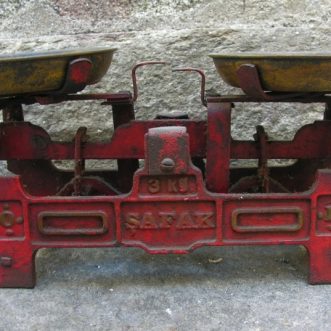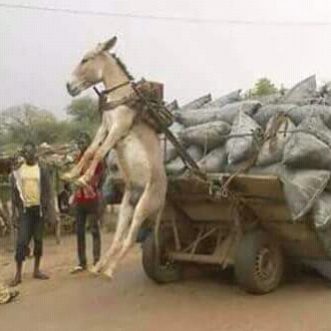
Re-balancing
In times of crisis, everything goes out of whack. Work, home, society.
Things we thought were indispensable are jettisoned, things we thought were unthinkable become acceptable, things we believed were impossible become normal.
Some of these will be good things, others not so good, others downright bad.
The important thing will be to keep the changes we found were good after the crisis is over, and reverse those we didn’t.
Which means we need to think and talk about about them during it.
Life will never be the same again. At least let’s change it as far as possible on purpose, in a direction that’s better for everyone.








